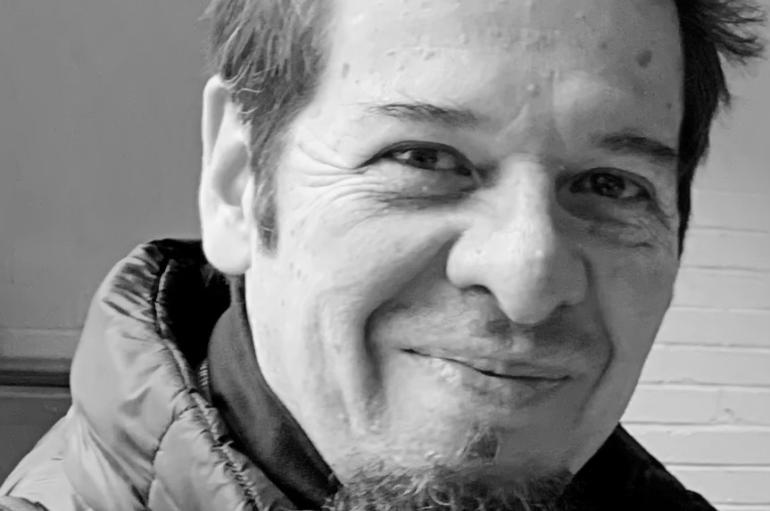
January 31, 2025 | 3:30PM
Zoom
Acoustic Perdurance: Pankararu Soundings and the Question of Temporal Frames
Jairo Moreno,
Professor, University of Pennsylvania
“Temporal frame” (marco temporal) is a juridical thesis before the Brazilian Supreme Court arguing that indigenous peoples have the right to lands that they were in or disputing by Oct. 5, 1988, the date of promulgation of the new, democratic Brazilian Constitution. Many in the government and public argue that upturning this arrangement would lead to unlimited reappropriation of land, a threat to national independence and sovereignty. Indigenous leadership and others believe that the right to lands constitutes an original right that antecedes the formation of the State.
For the Pankararu people in Northeastern Brazil, the temporal frame thesis is one among several experiences of land dispossession, all of which revolve around how history is written (or not) and, as a corollary, how historicity and, more importantly, time and temporality are conceived. In recent years, “ancestrality” has reemerged as a keyword designating a (re)turn to the territory understood as geographic land, subsistence terrain, relational assemblage between human and nonhuman kin, and cosmological grounds. Pankararu soundings (ritual song, ritual cries and grunts, instrumental sounds), I argue, perform labor as an interface transducing the acoustic into various temporal scales within and without any temporal frames, questioning the radically reductive scales at which colonial and state histories operate in order to take hold of both geos and bios today (Povinelli). Pankararu soundings are virtuosic interfaces with the hyperhistorical and a call not just to the deep past but also to a “divergent future” (Krenak). Perdurance is the name for these temporal operations for which the acoustic is both medium and mediation.
About Jairo Moreno
Jairo Moreno is Professor at the University of Pennsylvania, Department of Music, member of the graduate faculty, Department of Anthropology, faculty associate with the Center for Latin American and Latinx Studies, and member of the Center for Experimental Ethnography. The sonic geographies and aural histories that he studies fathom sound and the challenging and productive entanglements with it as societies compose senses of being in and as sound. He has studied the production of knowledge of music and the sonic in modernity from a historic-speculative perspective, focusing on the history of listening (Musical Representations, Subjects, and Objects: The Construction of Musical Thought in Zarlino, Descartes, Rameau, and Weber (Indiana University Press, 2004) and aurality and modernity in trans-American musicking, Sounding Latin Music, Hearing the Americas. Chicago U. Press, 2023, a study of music’s precarious share in political practices during late capitalism. His current project is a sonic ethnography of aural practices and “empirical metaphysics” among indigenous Pankararu in Northeast Brazil. In collaboration with the Ponto de Cultura Indígena Pankararu, he produced a short film about Pankararu ritual singers, Canto é vida Pankararu (2023) and is currently working on a longer film about the relation of water, scarcity, and territory there. He is co-editor of the Oxford University Press Series Critical Conjunctures in Music and Sound, and co-editor of Econophonia: Music, Value, and Forms of Life (Boundary 2, 2016). Awards include the Society for American Music 2005 Irving Lowens Article Award for Best Article (“Bauzá-Gillespie-Latin Jazz”), Whiting Fellowship in the Humanities (Yale), ACLS Fellowship (2009-2010), National Humanities Center Fellowship (2012-2013), and the Royal Music Association/CUP Outstanding Monograph Book Prize 2024 (Sounding Latin Music, Hearing the Americas).
